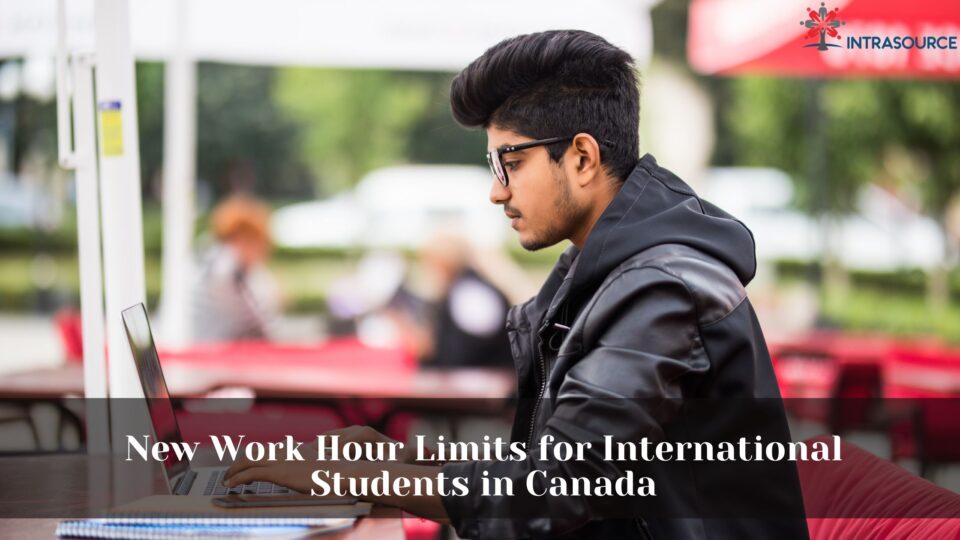Canada International Student Work Policy Update
Starting in September, international students in Canada are set to experience a shift in their ability to undertake off-campus employment. Immigration Minister Marc Miller announced on Monday that students from abroad would be authorized to work up to 24 hours per week, a change from the current temporary cap of 20 hours that had been waived during the COVID-19 pandemic to ameliorate Canada labour shortages.
Labour Market Impact and Student Priorities
As the temporary waiver expires Tuesday, it brings forward considerations of Canada’s stance toward its international student program and labour market policies. Miller emphasized that while benchmarking against other countries with similar policies, it is critical for Canada to maintain a balance, ensuring that programs prioritize academia over work. Attracting individuals whose intent may primarily be work rather than study is a concern that the new regulations aim to mitigate.
The decision arrives amid concerns from various sectors including educational institutions and policymakers. Critics point out the potential risks of study permits being used as de facto work visas should full-time employment be allowed, potentially undermining both the educational and temporary foreign worker programs.
The Balance Between Studying and Working
Despite the tightening of regulations, there is also a compelling argument coming from the Canada international student community itself. Facing increasing costs of education, many have vocalized the need for additional working hours to financially sustain their academic pursuits. In response, Miller has expressed that the 24-hour threshold strikes a balance between allowing Canada international students productive work engagements at three full eight-hour shifts per week, without encroaching substantially on their educational commitments.
Studies show that most international students have already been working more than 20 hours each week, indicating the necessity for some flexibility within the parameters of part-time employment.
Ongoing Policy Review and Anticipated Adjustments
Until this transition takes hold in September, international students will revert to the standard 20-hour work limit. Meanwhile, it is noteworthy that during periods when not enrolled in classes such as summer breaks, there continues to be no cap on how many hours students may work.
The government is adjusting this policy with an informed perspective; internal reviews have highlighted potential impacts on student focus if excessive working hours are allowed. Marc Miller previously contemplated a 30-hour cap, which has since been discarded due to evidence suggesting significant detrimental effects on study quality around such workloads.
Conclusion
The forthcoming policy presenting a 24-hour work week alignment reflects both prudence and accommodation by the Canadian government, addressing Canada labour shortages while maintaining educational integrity for Canada international students. It exemplifies Canada’s commitment to a sustainable model balancing both economic needs and academic excellence among its Canada international student demographics.


